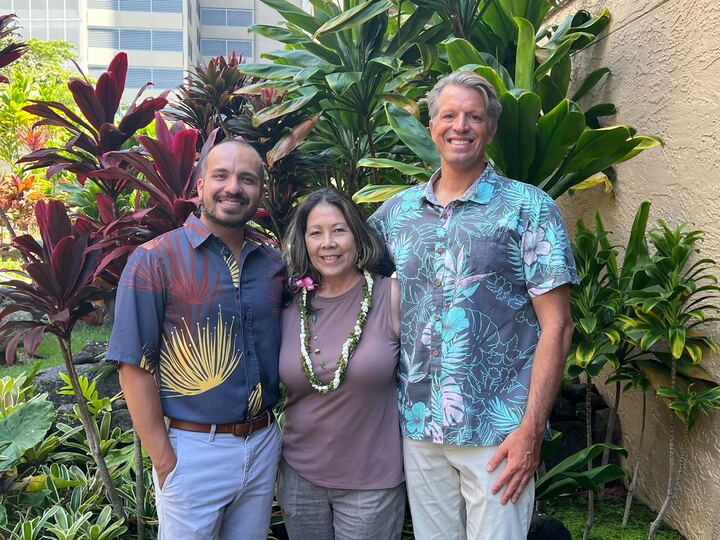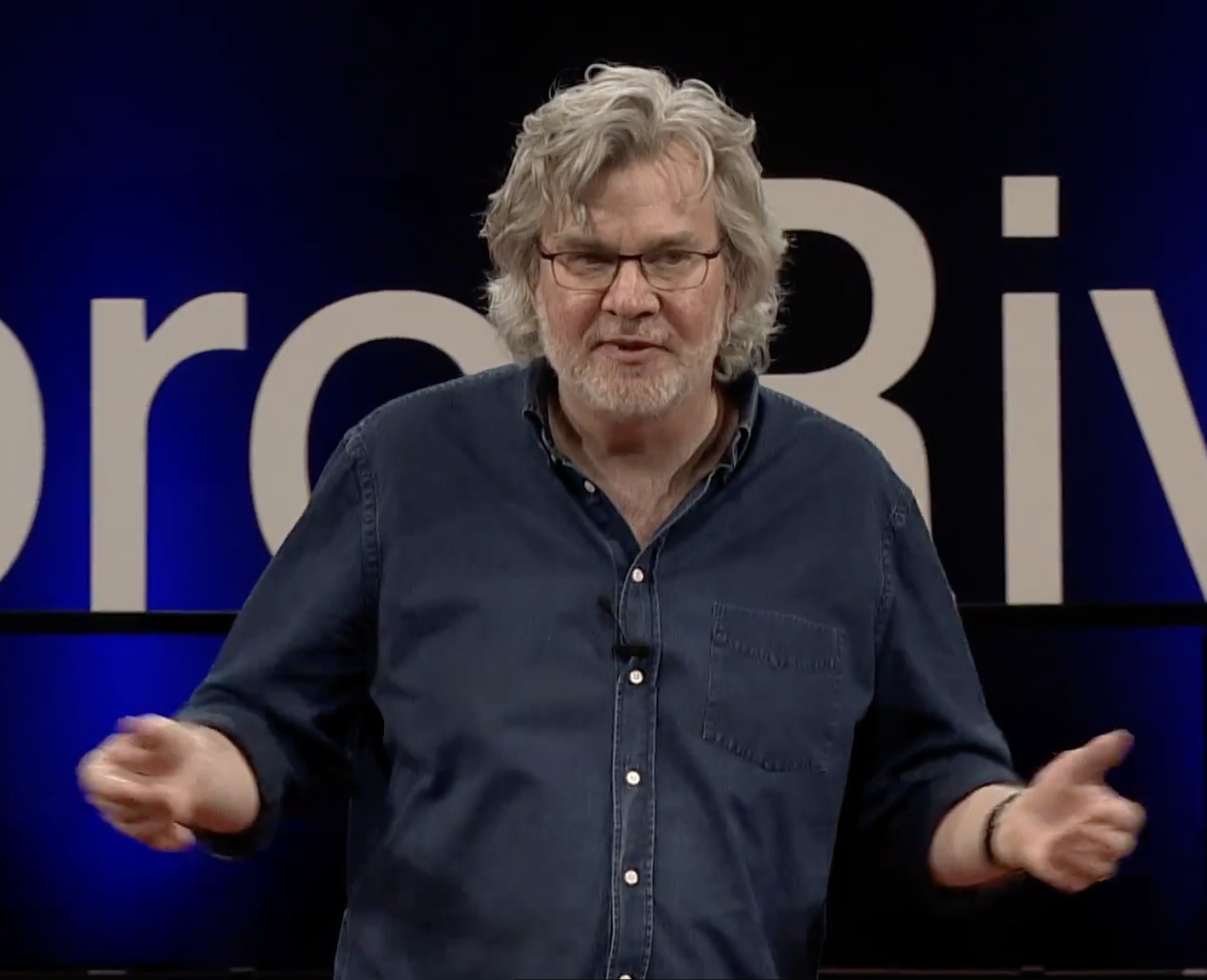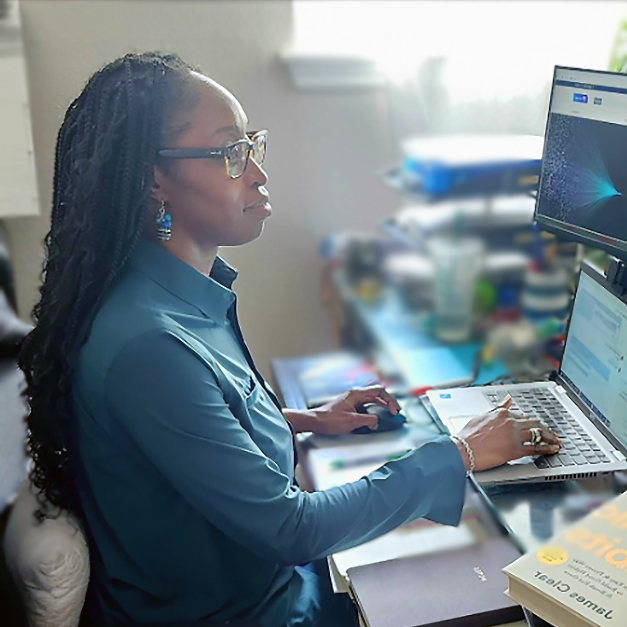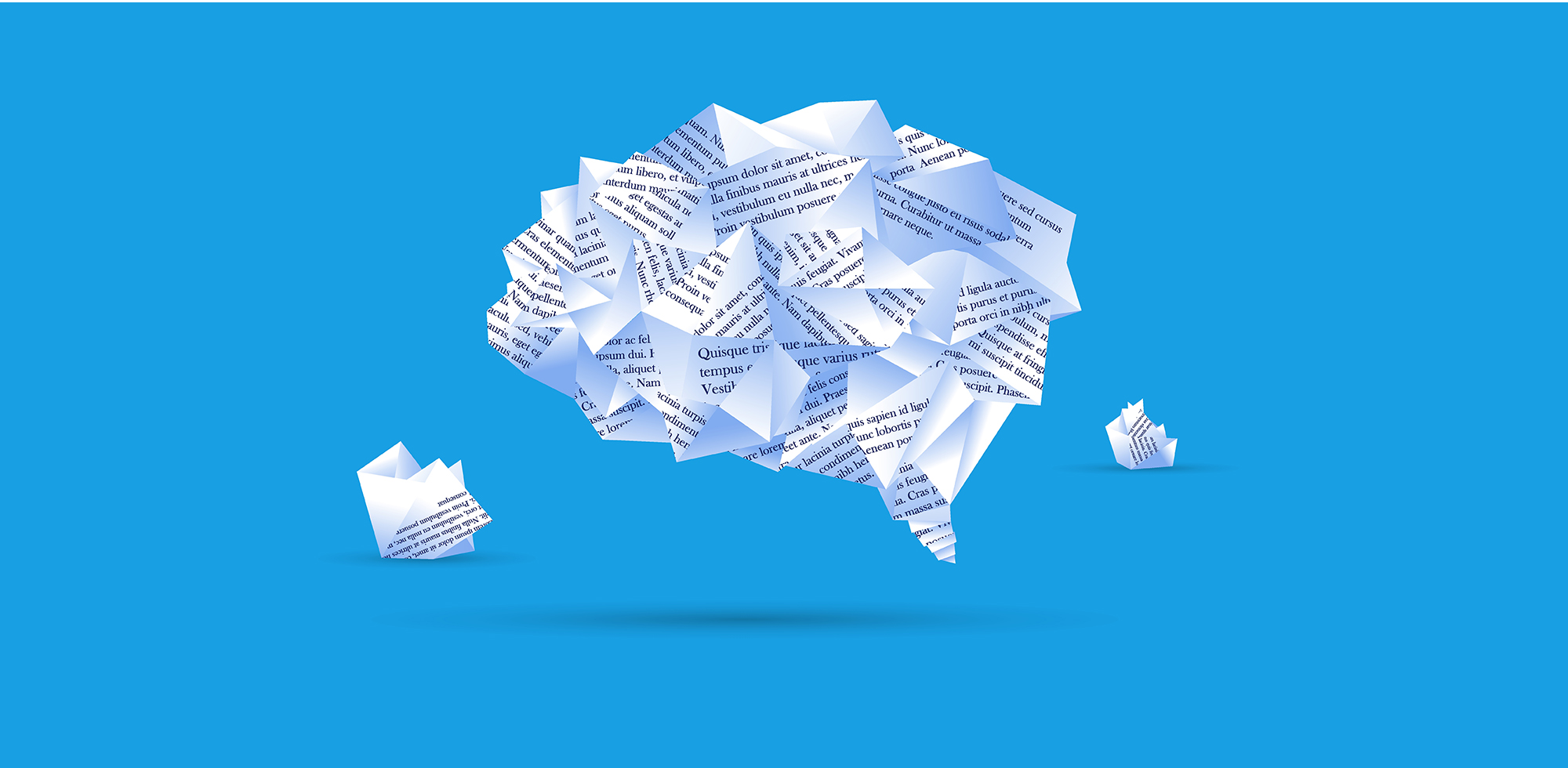After more than three decades as an educator at Kamehameha Schools, a private P–12 school system operating across Hawaiʻi, Miki Maeshiro took her career into new territory by accepting an editor role with Kamehameha Publishing.
Despite little prior experience as an editor, she believed that the publishing house’s mission to develop Hawaiian educational resources was important and that her years spent teaching and supporting educators gave her the insight to acquire and skillfully cultivate instructional materials in English and Hawaiian.
Established in 1888 as a vehicle for news coming out of Kamehameha Schools, Kamehameha Publishing embarked on a bold new path in 2008 and expanded the scope of its publications to reach the larger Hawaiian community. This mission of amplifying Hawaiian perspectives crystallized in 2018, when it consolidated its new vision around three publishing tracks—one focused on archival material, another on contemporary scholarship and voices, and a third on P–12 educational resources.
“I’m working with teachers to create books from the material they’re using in their classrooms that presents lessons through a Hawaiian lens,” says Maeshiro. “Our keiki [children] have traditionally used books from the continent and our goal is to ground these books in a Hawaiian perspective so that the material really connects with their sense of place, environment, and what they see and experience every day.”
Joining Maeshiro at Kamehameha Publishing is Chris McAdoo, whose career has followed a similar path. With a background in teaching and educational design, he worked with teachers across Kamehameha Schools before joining the publishing house to develop instructional resources rooted in Hawaiian experience and culture that were at the same time connected to educational standards, learner outcomes, curriculums, and assessments.
“As an educator, it’s almost always a matter of going outside your school system to the big publishing houses to get your materials,” he says. “That we have a publishing house within our own school system is phenomenal. We see it as our kuleana [responsibility] to amplify this material beyond Kamehameha Schools and reach all the educational contexts in Hawaiʻi. None of the big publishers are providing resources that really speak to these experiences.”
Uncharted Territory
For both Maeshiro and McAdoo, whose expertise as educators stems from years of experience and advanced degrees in education, the world of editing was novel terrain. While in one sense a simple extension of the work they’d done formerly with teachers, the compiling of material and preparing it for publication has required a new set of formal editing skills.
“Personally, I’ve had very good editors,” says Maeshiro, who is the author of two previously published books. “They really helped shape the books we collaborated on together and I wanted to do that for the authors I work with. For that, I needed to learn how to be a better editor.”
“We have expertise across the education domain,” McAdoo adds, “but we were looking for a way to develop our capacity and expertise as editors so that we could really work alongside the authors and elevate the material they’re bringing us.”
A Perfect Fit
Ākea Kahikina, a newly hired acquisitions editor at Kamehameha Publishing, found the solution in the Editing certificate at University of Chicago Professional Education (UCPE). With a background as a translator focusing on Hawaiian literature and new to editing himself, he saw the program as an excellent way for him and his colleagues to refine their editing capabilities while gaining an overall understanding of standard industry practices.
Even better was that Kamehameha Publishing was already using the Chicago Manual of Style (CMOS).
“It was clear that the program’s rigorous curriculum and focus on Chicago-style editing would fit all our needs,” says Kahikina, who edits work by contemporary authors and scholars at the publishing house. “The flexibility that comes with online learning also meant that it worked with our full-time work schedules and our lives outside of work as well.”
Kahikina points to an array of important editorial questions that are under (sometimes heated) discussion in the Hawaiian-language communities, many centering around the Hawaiian language itself and differing approaches to translation, spelling, orthography, and more. Particularly pressing, he says, is the need to develop more accessible style guides that establish consistent guidelines for editors throughout the different communities.
What I really appreciated about the program was that the instructors are experts and working professionals in the industry, which means the examples and assignments they provide are taken from their own real-world experience. You really get a sense for how they solved problems and built up style sheets to establish consistency in areas that might otherwise have multiple solutions.
“The program gave us specific tools that in many cases we’ve been able to apply directly, but it also provided us with the broader editing framework we need when working in some of the areas that are unique to the Hawaiian language.”
Rising Confidence
For Maeshiro and McAdoo, the lessons had an immediate impact as well. Both agree that the online certificate program allowed them to gain clarity on their roles as editors and gave them important tools for doing their jobs.
“I feel more confident now and I’m often surprised by all the little ways the lessons from the courses sneak in and support the work I’m doing every day on projects and with authors,” Maeshiro says. “I’m still digesting and fleshing out a lot of the tools and approaches I’ve learned, but I can see myself taking additional courses to deepen my understanding of how these lessons apply to my work.”
McAdoo adds that “becoming more literate on style guides for the educational resources we are developing is amazing because I now have a more nuanced vernacular around this process than ever before. I feel like I have a new language to describe what I’m doing each day.”
They’re now setting their sights high, working with others in the community toward the ambitious goal of creating a Hawaiian-language style guide that complements the Chicago Manual of Style. Kahikina is well aware of the challenge such a project will demand and the extensive discussions that will go into resolving any number of contested areas.
“We have a lot of work ahead of us,” he says. “But now that we’ve gone through the certificate program at UChicago, we have confidence in knowing that it’s all doable and that, in the end, it will lead to better and more collaboration across different divisions.”
Editing at UChicago Professional Education
Since 1906, the University of Chicago has published The Chicago Manual of Style, an authoritative resource in the publishing industry required for the Editing certificate.
Professionals looking to shape the future of publishing can choose from a bevy of possible career paths, including editorial, production, publicity, and marketing. Having technical and digital proficiency offers editors a tremendous advantage in a digital-first landscape.
UChicago Professional Education (UCPE) offers a variety of certificates that are rigorous in nature and provide students with the opportunity to dive deeply into their areas of interest and to broaden their skills. Students who enroll in certificate programs at UCPE enjoy advising and support, camaraderie with fellow classmates, engaging with expert instructors, and joining a robust alumni community.





